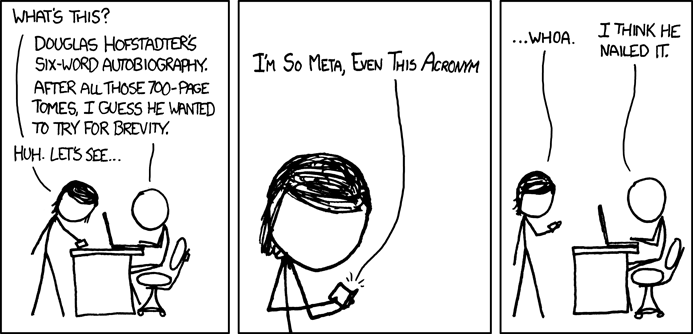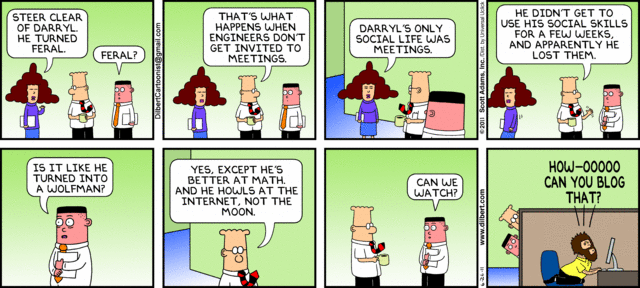Gub doo gia bee?
The reason I've been in Bulgaria this week is to present three tutorial lectures on linguistics at (of all things) a conference on computability. It has been an excellent experience, thanks to the tireless efforts of Alexandra, the chief organizer. Academic conference organizing is a horrible job. Unpaid work that involves being responsible for hundreds of people's lives and dozens of unforeseen circumstances and uncontrollable variables. In the case of this conference, a central problem turned out to be that the spectacular high-ceilinged oval room that is the main conference hall has acoustics ideal for an unamplified concert of vocal music (what I wouldn't give to hear Renée Fleming in this room), but is totally unsuited to delivering amplified human speech on technical topics.
Read the rest of this entry »
Permalink Comments off



